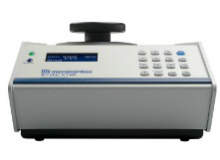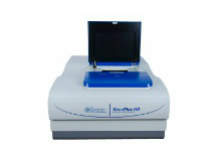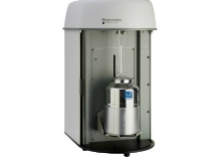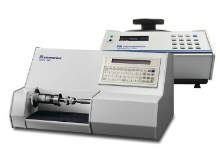Micromeritics Releases Biochar Adsorption and Surface Area White Paper
A paper titled Analytical Options for Biochar Adsorption and Surface Area, co-authored by Hugh McLaughlin (Alterna Biocarbon), Frank Shields (Control Laboratories), Jacek Jagiello (Micromeritics Instrument), and Greg Thiele (Micromeritics Analytical Services) was recently presented at the 2012 US Biochar Conference, Sonoma State University in Rohnert Park, CA.
Biochar is a fine grained charcoal made by pyrolysis of biomass material such as wood, crop residue, and solid waste. It has many agricultural benefits. Spread into the top layer of the soil, biochar enhances plant growth with its ability to retain moisture and replenish the soil’s organic carbon, fostering the growth of microbes that are essential for nutrient absorption. Biochars permit the use of less fertilizer, decreasing agricultural pollution through runoff and leeching. Biochar is also desirable because it generates clean energy through the pyrolysis process and reduces CO2 from the atmosphere. Adsorption is an important property that distinguishes biochar from other carbon-rich natural products. Adsorption can also differentiate superior biochars from less effective agricultural charcoals.
Micromeritics Analytical Services (MAS) and Soil Control Labs, representing the commercial options for surface area and soil property testing, have performed the available traditional analytical methods for adsorption and surface area on a suite of "standard biochars". In addition, a research technique known as "Gravimetric Adsorption Capacity Scan" has been performed on the same standard biochars.
MAS offers a wide variety of physical characterization measurements including surface area, pore size analysis by both gas adsorption and mercury porosimetry, CO2 adsorption isotherms, water vapor adsorption isotherms, bulk density, true density, particle shape, and particle size analysis.
This free white paper can be downloaded here.





